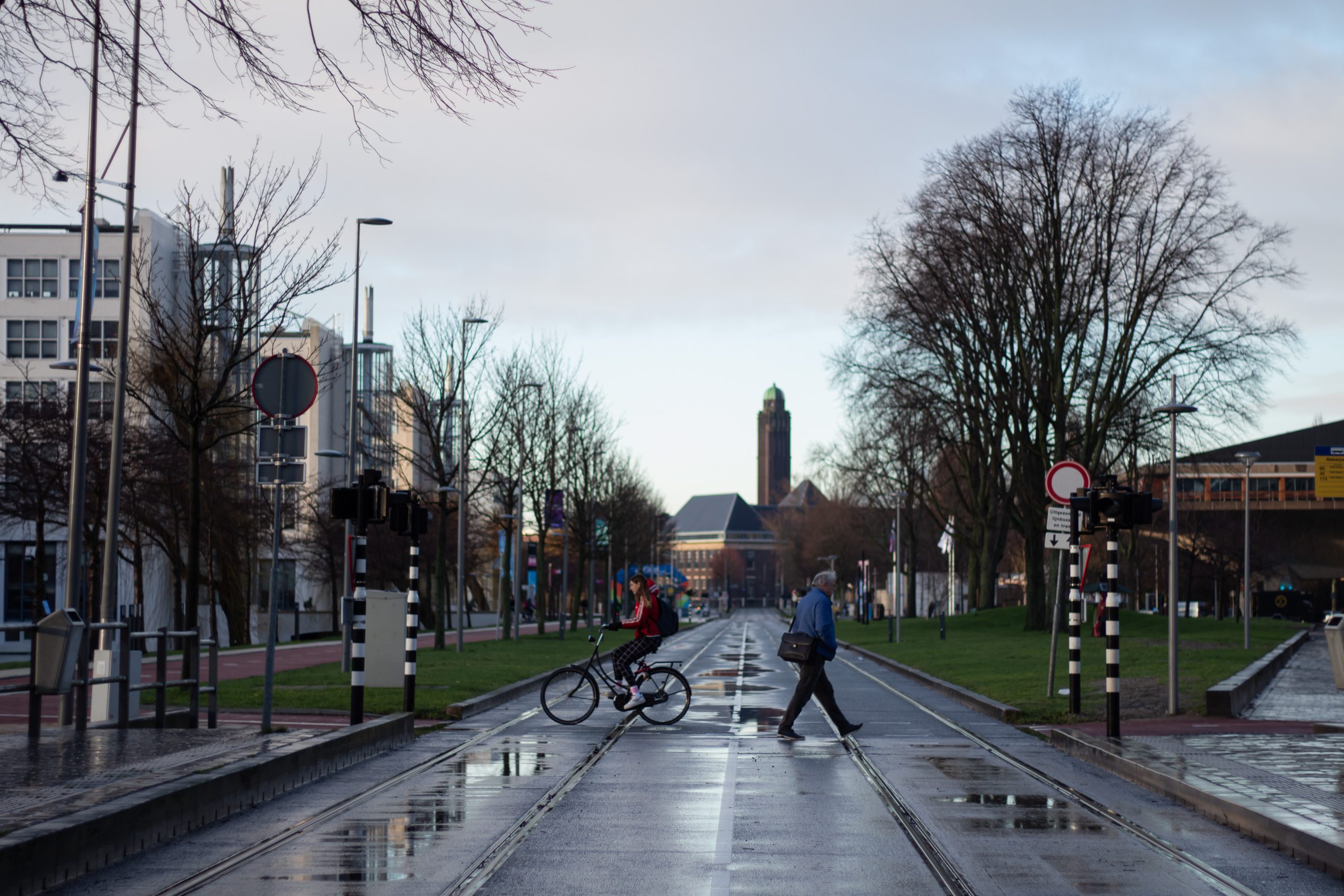The opening of the social safety contact point, that was originally set for 1 October, will be postponed to 2025. This transpired on Thursday 5 December after a consultation meeting between the representation bodies and the Executive Board.
(Photo: Justyna Botor)
The new point of contact was supposed to have opened on 1 October of this year, but the representation bodies and the trade unions put on the brakes as they demanded more time for consultation. The deadline was moved to mid-November and a more streamlined version of the contact point was to have gone live with a desk for telephone calls and emails. That did not work out either.
At a joint consultation meeting between the representation bodies and the Executive Board, Olivier Sueur, the Interim Manager of the Integrity Office, expressed the hope that the official approval round would be completed by 5 December. But at the consultation meeting on Thursday it became clear that the contact point would not open this year.
Assessment
The task of the contact point, as is laid down in the collective labour agreement (CAO) (in Dutch), is to centralise reports about social unsafety. Agreement from both the Works Council and the Student Council is needed before it can be put into operation. Sueur explained that there are still more points that need to be discussed, but hopes “that everyone reaches an agreement” in January.
This will be shortly before the Inspectorate of Education commences its assessment process in February. The assessment is intended to show that TU Delft has achieved measurable improvements in the area of social safety.
The question is whether the contact point will be operational by then as Sueur could not give a precise starting date. “But all our attention and energy are going into making it happen quickly.”
Criticism on delays
The Student Council expressed its criticism about the amount of time that the process is taking. In a letter to the Executive Board, it insists on speeding things up. It urges all parties involved to stick to the previously negotiated agreement procedure. In doing so, the council stresses the urgency of a functioning contact point.
‘An operational contact point is essential in improving social safety and to prepare for the Inspectorate’s visit’, states the Student Council. Should a central point of contact need more time to be set up, it calls for a separate student point of contact to be created.
According to the collective labour agreement, every university must have a contact point. However, at TU Delft it will not be for employees only, explains Student Council Chair Step Kruisinga. “We have stressed that the contact point must also be accessible for students, and that is now the plan.” At the time of writing, the Student Council had not yet received an official response to its letter.
So what were the Inspectorate’s findings again?
The Inspectorate of Education investigated transgressive behaviour at TU Delft from December 2022 to November 2023. In the resulting report, the investigators speak of intimidation, racism, sexism, bullying, exclusion, gossiping, social insecurity due to lack of leadership and a culture of fear, among other things. For instance, employees are said to be afraid to voice their opinions and hold each other accountable for behaviour.
The effects among TU Delft employees who have reported to the inspection are often long-lasting and hampering. The inspectorate speaks of psychological and physical health complaints, absence from work and a general feeling of insecurity. Stress, burnout, depression and PTSD, crying and tense home situations also occur, as do illness, vomiting at work, panic attacks and heart palpitations.
The inspectorate reports that TU Delft’s university administration has a lot of information regarding what is happening in terms of social safety, but that they ‘omit to add everything up so as to create a complete picture’. ‘The management’ also ‘does not adequately manage in terms of appropriate measures’. The Inspectorate believes that this is mismanagement.
Read the news and background articles on the Inspectorate’s report in our dossier.
Do you have a question or comment about this article?
m.vanderveldt@tudelft.nl


Comments are closed.